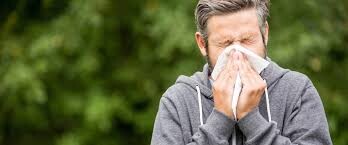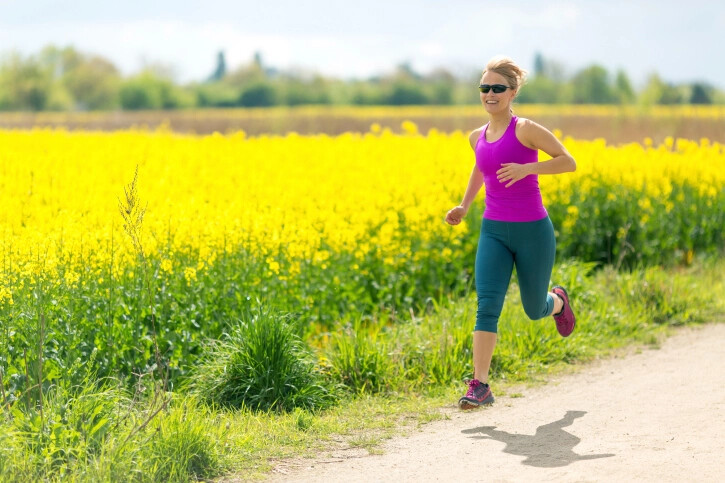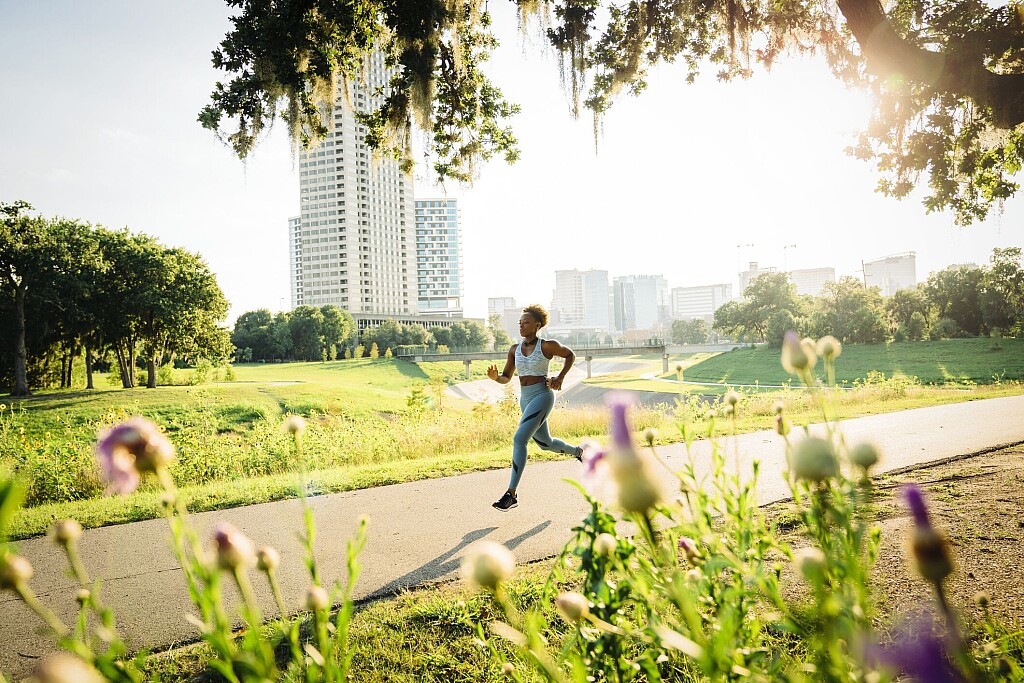Running News Daily
Running News Daily is edited by Bob Anderson. Send your news items to bob@mybestruns.com Advertising opportunities available. Train the Kenyan Way at KATA Kenya and Portugal owned and operated by Bob Anderson. Be sure to catch our movie A Long Run the movie KATA Running Camps and KATA Potato Farms - 31 now open in Kenya! https://kata.ke/
Index to Daily Posts · Sign Up For Updates · Run The World Feed
Five tips for running during allergy season, Enjoy running this summer without sneezing
Temperatures are warming up, flowers are blooming, and allergy season is in full swing. If you suffer from seasonal allergies, you are familiar with the struggle of fitting in regular training while battling a stuffy nose and congested head. Try these suggestions to minimize your allergies and get you out the door in your shorts and running shoes.
Find the right time of day

Both pollen counts and air pollutant indices rise during the day and fall during the night. Running in the very early morning or later in the evening is the best way to avoid those pesky allergens. High pollen counts also trigger exercise-induced asthma, so avoiding those mid-day runs can be critical for easy breathing.
Save the intervals for allergy-free days

High-intensity workouts that involve breathing hard can exacerbate allergy symptoms. Save your speed workouts for the treadmill or indoor track during allergy season, or plan them for cooler or rainy days. Easy runs, or even a fast walk, will still enable you to get outside and move your body without triggering an allergy attack.
Keep an eye on the weather
Wind and dust will contribute to allergy symptoms; heat can also make them worse. Studies show thunderstorms also concentrate allergens in the air. Running immediately after a thunderstorm or rain is ideal when the air is clear. All runners know how hard it can be to predict the weather in North America but using the weather app and knowing what to avoid can be useful.
Take preventative measures
If you normally take an antihistamine to treat your allergies, taking it pre-run can be effective in keeping symptoms at ease. Similarly, if you have exercise-induced asthma and use an inhaler, check with your doctor to see if you are safe to use it before your workout.
Rinse pollen away
Taking a shower right after running can get rid of any lingering pollen on your hair and skin. Throwing your clothes into the laundry after a run will also keep them free from allergens. With a little extra effort, you should be able to enjoy the sunshine and warmer weather while keeping those sniffles at bay.
by Keeley Milne
Login to leave a comment




